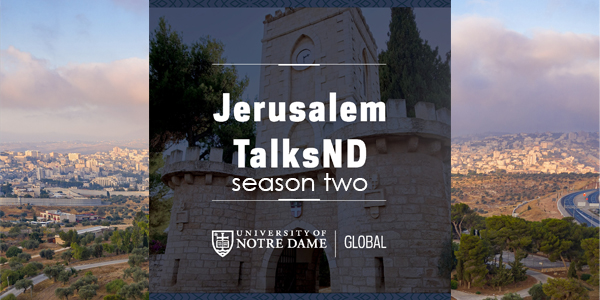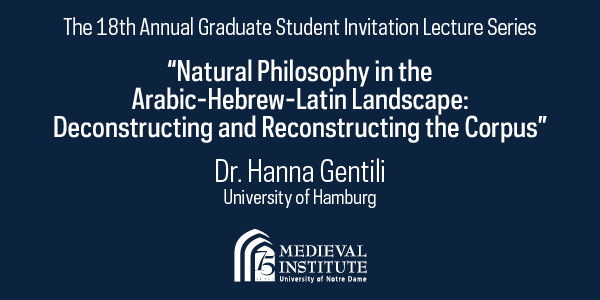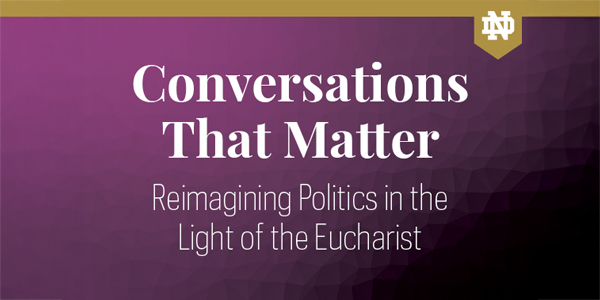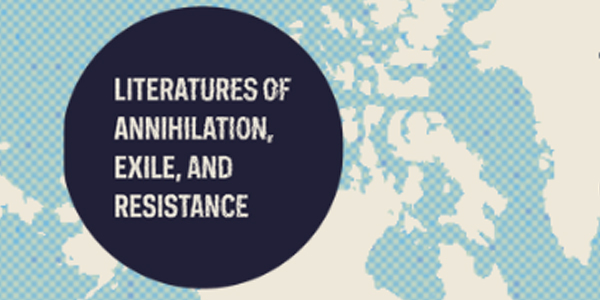In the third virtual event of the Good Life Method series, Ryan Cook, a recent Notre Dame graduate and former student and fellow in the God in the Good Life course, moderated a discussion between Meghan Sullivan and Paul Blaschko, both teaching professors in the Philosophy Department at Notre Dame and co-authors of the Good Life Method. This conversation focused on how work fits into the good life.
Cook jumped right into the discussion by posing a general question about how work plays a part in the good life. Blaschko answered by saying that we cannot explain the good life without talking about work. People spend a majority of their life working but many believe that the good life is time spent not working. However, work can be an integral part of what we find meaningful and valuable in life. Depending on how we view work, it can provide structure, meaning, and intellectual engagement in our lives. Sullivan added that because humans are social beings, we flourish when we are aware of the common good and how work plays into it. Work can fit into how we reach a common good for all in society.
The idea of work has changed so much in the past few years as a result of the COVID-19 pandemic. Cook asked Blaschko and Sullivan to explain how the change to remote work changes the goodness that we get from work. Blaschko responded by talking about his experiences with teaching online. It was a challenge for him to figure out a way to replicate human interaction in a virtual environment. Being with a real human is experientially quite different than interacting online. Blaschko said that even though there are benefits to working remotely, being physically present with others is irreplaceable. Working in person can oftentimes be more meaningful to people than working apart.
People have very different approaches to how work plays a part in their strive for a good life. Blaschko said that work does not need to be the ultimate source of meaning in your life, but it can be for some. Individuals can decide for themselves how much meaning is pulled from work. Workers can also find meaning in different areas of what they do in their job, whether that be finding meaning in your job responsibilities or finding meaning from the people you work with or your colleagues. Blaschko tells his students that they can decide how much they want to invest in the company they work for. Philosophy can help students reflect on that very question. Sullivan added philosophy can help students become good managers and eventually good bosses by reflecting on meaning in their work.
Burnout was the final concept Cook, Sullivan, and Blaschko discussed in this event. Sullivan said that burnout can be combated by remembering the common good that each of us are a part of. The idea of contributing to the common good helps us realize that the work we produce affects everyone, not just yourself. Cook asked Sullivan and Blaschko to explain how Catholicism teaches people to be good workers. Blaschko said that at Notre Dame, professors seek to educate students holistically, to be a good worker, family members, and people. Educating the mind and the heart to make informed decisions about how to lead a good life at work and beyond.
Visit the event page for more.







